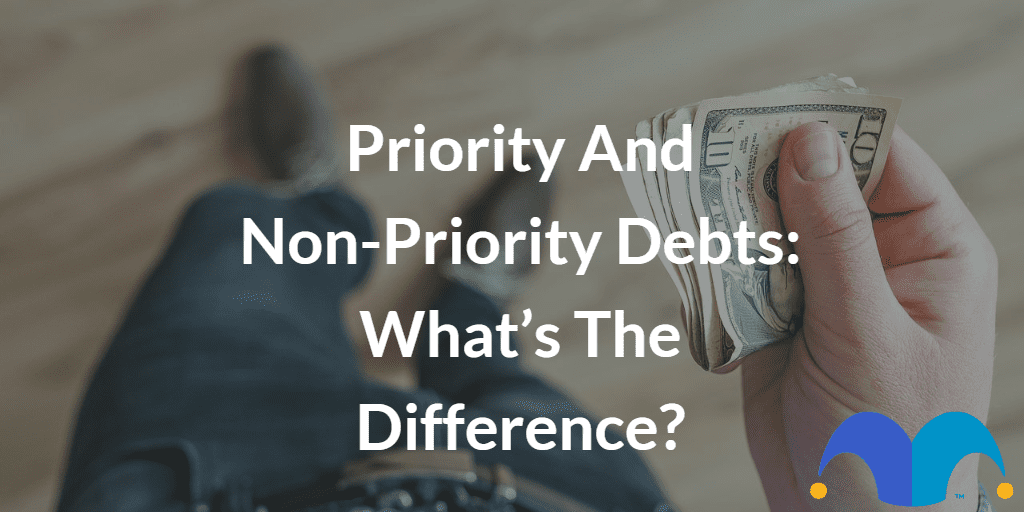Are there such things as ‘priority’ debts? Yes – there are some debts that you should prioritise ahead of others. But which debts should be paid first? And what happens if you can’t pay them? Let’s take a look.
What are priority debts?
Priority debts are, essentially, bills you should always pay first. The reason why they’re called ‘priority’ debts is that you could face serious consequences if you don’t pay them.
Examples of priority debts include:
- Mortgage payments
- Rent arrears
- Utility bill arrears
- Council tax arrears
- Secured loan repayments
- Court fines
Other payments such as unpaid income tax or child maintenance payments can also qualify as priority debts.
To be clear, this is a non-exhaustive list. If you’re in any doubt as to whether a bill qualifies as a priority or not, contact an organisation such as Citizens Advice for guidance.
What happens if I can’t pay a priority debt?
The consequences depend on which debt you can’t pay. For example, if you don’t pay your mortgage, the lender could repossess your home. And if you don’t pay your gas or electricity bill, the supplier might cut you off.
However, don’t panic. If you simply don’t have enough money to pay your priority debts, your creditor might agree to a payment plan. So, contact your creditor right away if you’re struggling to pay. Don’t let debts pile up.
Court fines are a priority because you could face further enforcement action (or even imprisonment, depending on the order) if you don’t pay. However, if you physically can’t pay because you don’t have enough money, imprisonment is highly unlikely. Get legal advice immediately if this applies to you.
What if I have more than one priority debt?
This is where things can get a little tricky. Here are some tips for managing multiple priority debts:
- Make a list of your income and expenditure.
- Write down all your debts.
- If you can afford to cover all your priorities, do so.
- If you’re struggling to manage these debts, consider getting advice before contacting your creditors. Or, contact your creditors in writing, explain your situation, and make a proposal.
You shouldn’t pay one priority debt in full but ignore the others. Doing so may have serious consequences for your finances.
What’s a non-priority debt?
These debts are still really important, but the consequences of missing repayments are less severe. Non-priority debts include:
- Credit card payments
- Unsecured loans
- Overdrafts
- Water bill
When it comes to repaying non-priority debts, it’s all about fairness.
So, for example, say you have an unsecured loan and a credit card. You can’t pay the minimum loan payment, but you can pay your credit card. Rather than simply missing a loan payment, offer both creditors reduced payments so you’re treating them fairly. You might need to show a breakdown of your income and expenditure as part of the negotiation.
What happens if I have both types of debts?
Here’s the takeaway: priority debts must be paid first. So, you shouldn’t repay a credit card bill ahead of your gas bill, and so on.
If you have enough money to pay your priority debts, pay them. You could then negotiate reduced repayments or a payment holiday with your non-priority creditors. However, before you enter into any type of payment plan, get financial advice. An experienced adviser can give you personal advice based on your situation.
Don’t let debts spiral out of control. Approach organisations such as Citizens Advice or MoneyHelper for guidance.
